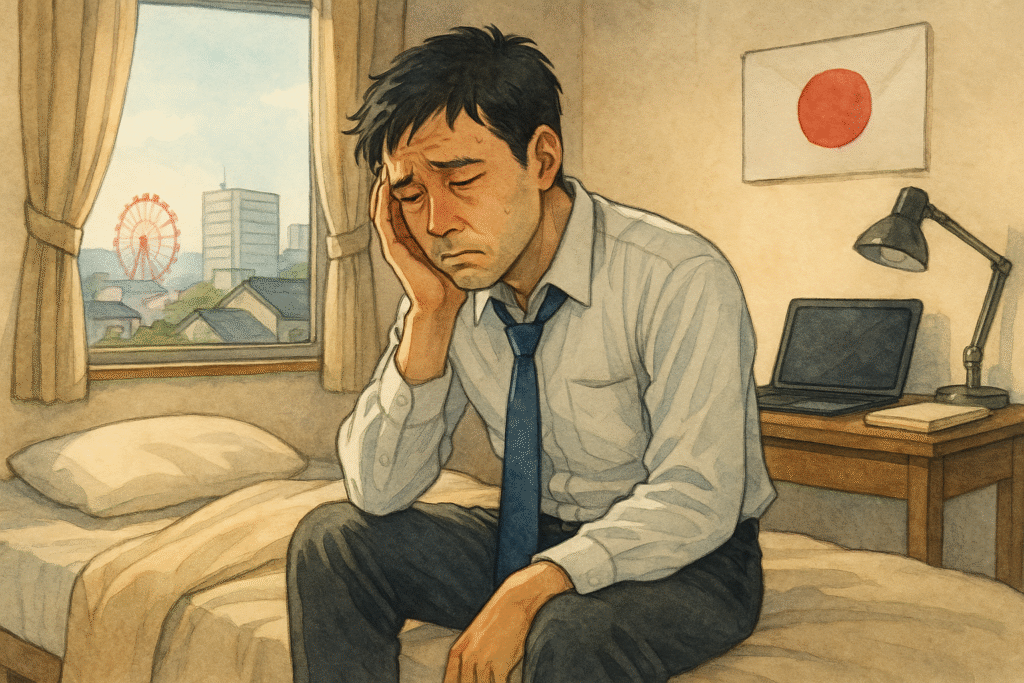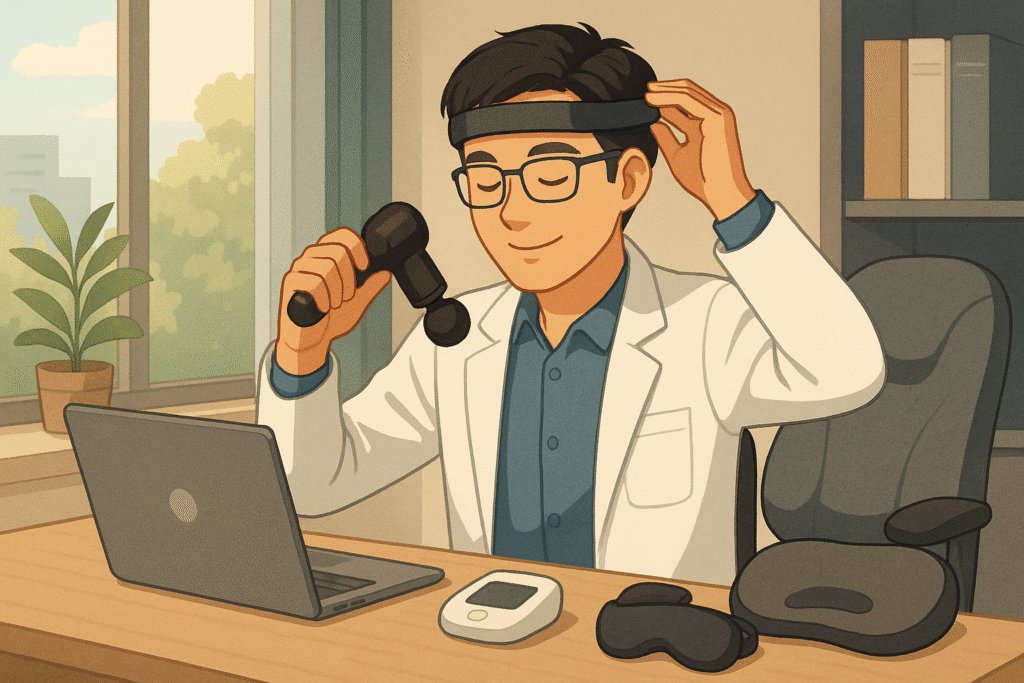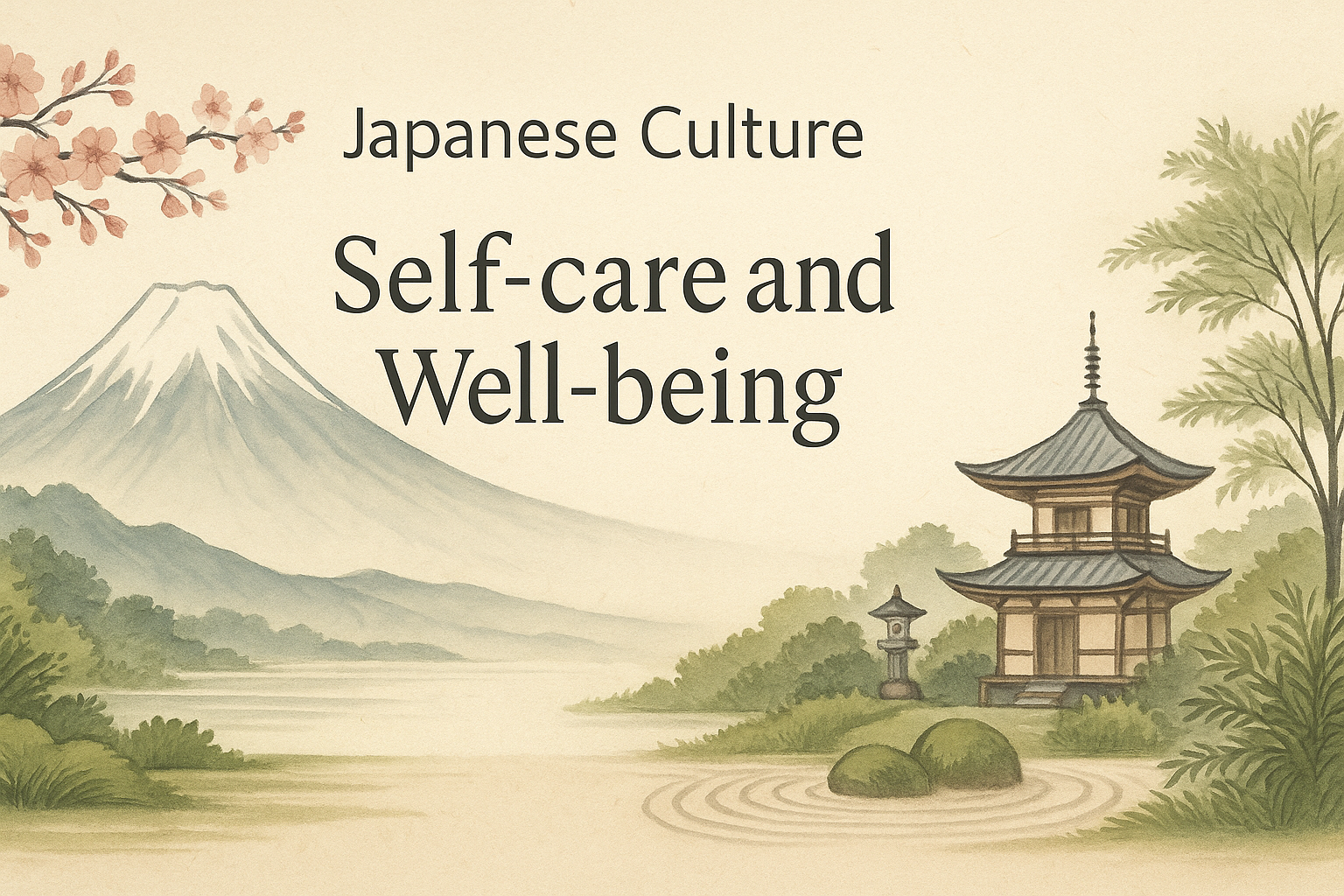Feeling tired even after a full night’s sleep? Discover how Japanese researchers are using strategic rest and self-care tools to fight burnout and regain focus—starting from the moment they wake up. (Related article in Japanese | 「朝から疲れている」研究者へ──集中のために“休む技術”を身につけた話)
- Understanding Burnout in Japan’s Academic Culture
- Why Japanese Researchers Are Waking Up Exhausted
- Rethinking Rest: From Guilt to Strategy
- Tools That Help Japanese Researchers Recharge
- Self-Care Tips for Foreigners Working in Japan
- A Researcher’s Message: Strategic Rest Is the Key to Longevity
- Conclusion – Sustainable Research Starts With Rest
Understanding Burnout in Japan’s Academic Culture
In Japan, work is more than a responsibility—it’s a reflection of one’s dedication and value. For researchers, this often means long hours, minimal breaks, and a constant pressure to produce results. Even small signs of rest are sometimes viewed with suspicion, as if productivity and exhaustion must go hand in hand.
This culture has led many professionals to normalize fatigue. Especially in academia, where mental labor is intensive and rarely ends when the day does, burnout can sneak in quietly.
Why Japanese Researchers Are Waking Up Exhausted

MMeet A-san, a mid-career researcher in his late 40s at a Japanese university. Recently, he made a passing remark to a colleague:
“Lately, I feel tired the moment I wake up.”
Though said with a half-laugh, it revealed a deeper issue. A-san’s schedule is packed—writing papers, managing projects, mentoring students, and attending academic conferences. Despite a strong desire to focus on his own research, he often finds himself trapped in a cycle of meetings and administrative duties.
The result? A creeping sense of fatigue and frustration that saps motivation and clarity.
Rethinking Rest: From Guilt to Strategy
Instead of blaming himself, A-san began to consider a radical shift: what if rest wasn’t a sign of weakness, but a skill he needed to develop?
“In research, focus is everything. But maybe learning how to rest is just as important.”
This shift in mindset marked the start of a more intentional approach to recovery. A-san began integrating small habits and tools into his day—not to escape work, but to sustain it.
Tools That Help Japanese Researchers Recharge
Here are some of the items that helped A-san manage his energy and maintain clarity throughout his day:
🔹 MYTREX REBIVE MINI
A compact massage gun for tension relief
“Before my shoulders or back get too stiff, I just use it for 5 minutes.”
Placed in his lab for quick use, it helped ease physical fatigue before it accumulated.
🔹 Heated Eye Mask
Soothing warmth for tired eyes and mind
“After staring at papers and screens all day, this melts the tension behind my eyes.”
He uses it for 3 minutes during breaks—especially effective before short naps or after long meetings.
🔹 Pelvic Support Cushion
Better posture, deeper breathing
“It naturally keeps me upright—and that helps me focus without effort.”
A simple upgrade to his chair made a surprising difference in comfort and concentration.
🔹 Neurofeedback Headband
Visualized meditation with brainwave tracking
“I’ve never liked meditation, but this makes it data-driven. That’s why I use it.”
By turning rest into measurable results, it satisfied his analytical mindset and helped him stay motivated.
Self-Care Tips for Foreigners Working in Japan
If you’re an expat researcher, digital nomad, or student in Japan, here’s what you can learn from A-san’s approach:
- Schedule your breaks: Don’t “wait for time to open up.” Block rest time into your calendar.
- Support your posture: Japanese workspaces may be minimal—bring or request ergonomic tools.
- Use heat and rhythm: Warmth (like heated eye masks) and structured timers (like Pomodoro) can reset both body and brain.
- Track your recovery: Devices that visualize sleep, stress, or focus (like smart rings or neurofeedback headbands) can encourage consistency.
A Researcher’s Message: Strategic Rest Is the Key to Longevity
A-san doesn’t use all these tools every day. Instead, he chooses what matches his condition. This A-san doesn’t use all these tools every day. Instead, he chooses what matches his condition. This flexible self-care strategy has made a noticeable impact:
“The fog I used to feel in the morning has lifted. And that makes it easier to refocus every day.”
One of his most powerful realizations was this:
“It’s not just about how hard you work. It’s about how well you recover.”
By reframing rest as a strategy—not a luxury, he reclaimed control over his time and energy.
For anyone working in high-focus fields, especially within Japan’s driven culture, this message is clear:
Strategic rest isn’t optional. It’s essential.

Conclusion – Sustainable Research Starts With Rest
If you’re feeling constantly tired, even when you love your work, it might be time to ask not what more you can do—but how better you can rest.
A-san’s story reminds us that self-care isn’t the opposite of ambition. It’s what makes ambition sustainable.
Whether you’re conducting experiments, writing code, or supporting global projects, consider this your invitation to rest smarter—and thrive longer.


Comments